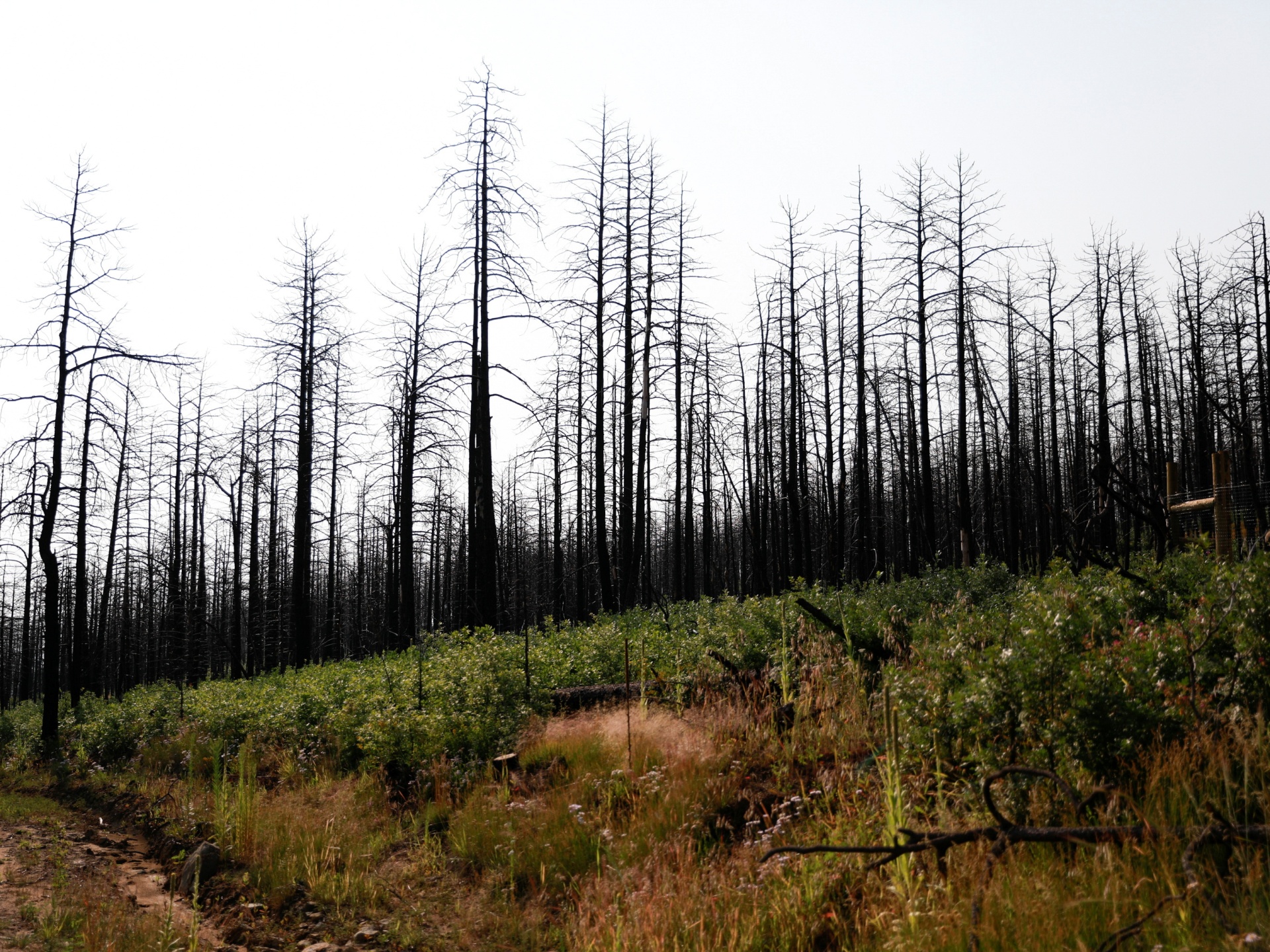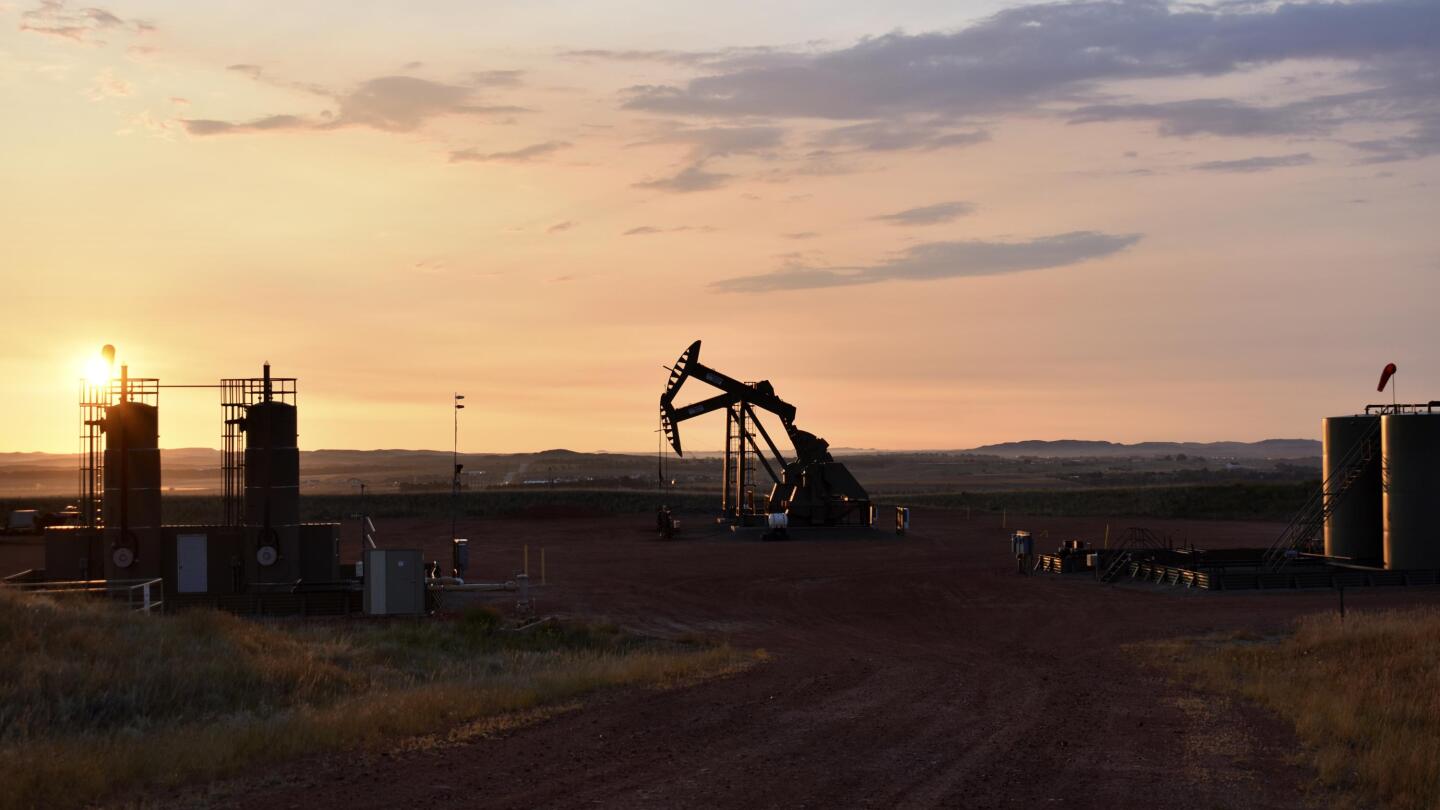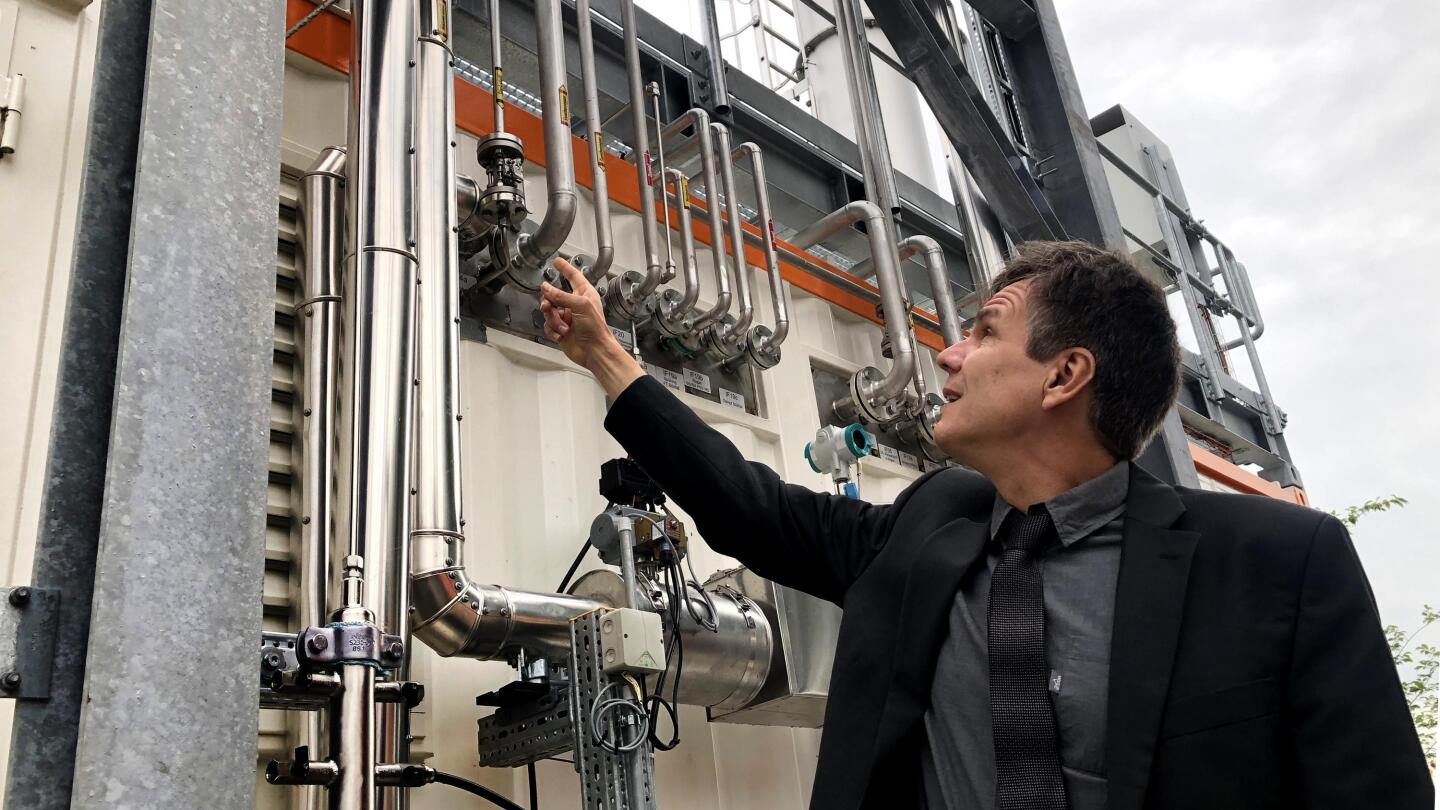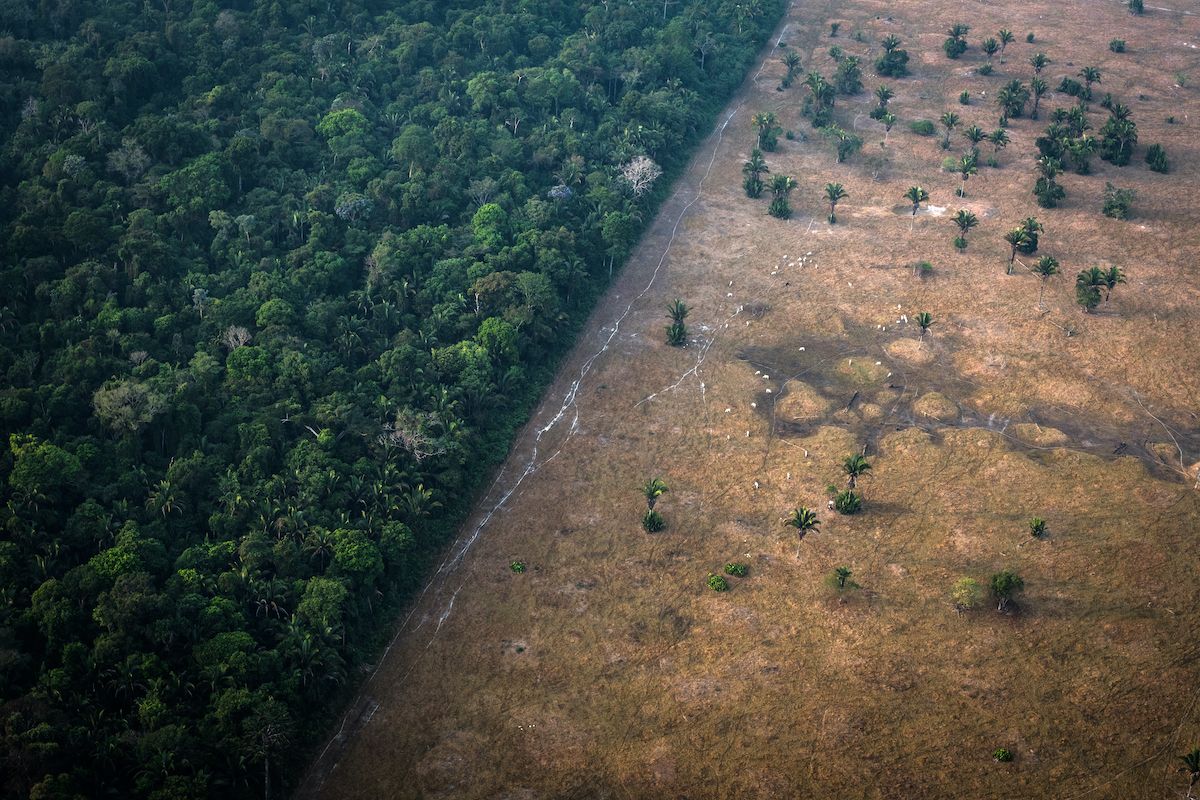
Former Red Arrows pilot swaps being ‘bad boy of climate change’ to fighting emissions with military grit
The IndependentSign up to the Independent Climate email for the latest advice on saving the planet Get our free Climate email Get our free Climate email SIGN UP I would like to be emailed about offers, events and updates from The Independent. “But there are some massive under-the-radar pollutants that simply don’t get the same level of coverage – and this would be a great example.” Synthetic fertiliser has helped to feed billions of people since the invention of the Haber-Bosch process a century ago, but its devastating impact on the climate now means that humanity likely must find a way to end its reliance on them. For Mr Hughes, the key to disrupting that section of the industry – which is responsible for 2.1 per cent of all CO² emissions - may be a lesser-known bacteria, first discovered lurking in Brazilian sugarcane in 1988. open image in gallery Former Red Arrow pilot Justin Hughes is chief executive of the firm NetZeroNitrogen His company NetZeroNitrogen is now seeking to bring this bacteria, Gluconacetobacter diazotrophicus, to a global market, to significantly reduce food producers’ reliance on synthetic fertilisers. It’s hard work, it’s ups and downs, you’ve got to build a team, drive it through, get s*** done – and I guess all those are things that, from my military background, play very well.” After his time in the military, Mr Hughes set up a consultancy on building “high-performance cultures”, later working with corporations such as Microsoft, Mercedes and F1 – before being introduced to scientists interested in the G. diazotrophicus bacteria. open image in gallery Rice crops are the subject of current tests involving G. diazotrophicus NetZeroNitrogen are focusing initial efforts on rice, the third most widely grown cereal crop in the world, with trials in the Philippines undertaken by local firm AgTrX showing the bacteria could reduce the amount of fertiliser required by at least 25 per cent.
Discover Related

)


















